Having a European license might be an advantage for forex brokers, but there are some restrictions that make it not so friendly for some traders.
The European Union (EU) has unified regulations that apply to the currency market. The law is known as MiFID and it governs trading and investment within the European Economic Area (EEA). It continuously reviews and tightens forex regulations in order to plug any gaps, similar to how other financial markets like banking, insurance, and equities are regulated.
This may influence your decision in forex trading, particularly when choosing a good broker by its regulations. When it comes to the European License, there are pros and cons to consider in terms of security, reliability, and affordability.
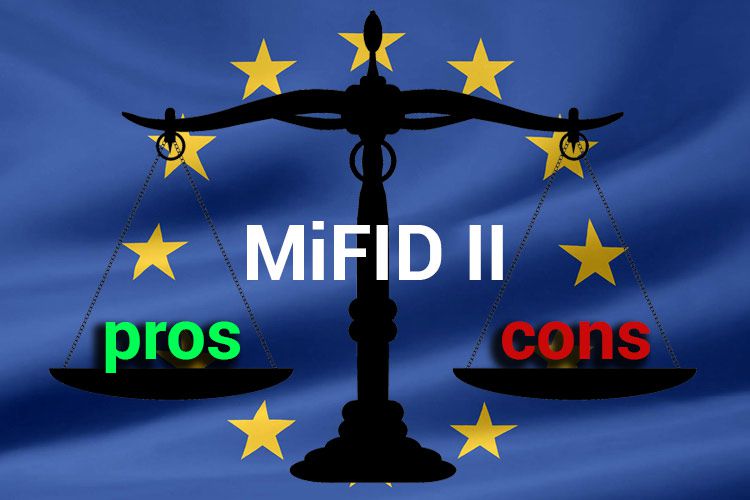
The Pros
The following points will describe the advantages or reasons for trading in brokers with European License:
- Expansive and responsible market. Europe has the second-highest number of traders, tied with America at around 1.5M. Traders in this are mostly composed of well-known individuals when it comes to the financial market. Therefore, trading in a European-licensed broker boosts the advantage of being in the same market with other reputable traders who know what they're doing.
- The guaranteed safety. Since the EU's regulations are made to handle disputes between brokers and clients, scammers will be scared off to meddle with any European-licensed brokers.
- The prestige. Europe has well-established legal frameworks, and through years of perpetual fairness in their policies, they have gained the trust of the global market through very strict regulations regarding business reporting. Hence, having a European license can boost the credibility and marketability of a broker, making it a promising environment to trade with.
The Cons
Despite the benefits, there are drawbacks to brokers that are licensed in the European area. If one of these cons affects your strategy and risk tolerance, you might want to skip EU-regulated brokers and look for those registered offshore.
- High price. The cost of an EU license is quite high as it has a high initial investment and requires yearly upkeep. This usually results in brokers' decision to raise their minimum deposit requirements and even trading commissions.
- Limited leverage. Since their drastic policy changes back in 2019, EU brokers are now prohibited to offer leverage higher than 1:30 for retail clients. They can still provide leverage as high as 1:200 or even 1:500, but it must be specifically reserved for professional clients who are determined by a series of requirements.
- Lack of bonuses. This restriction came much earlier than the leverage limit. In 2016, ESMA (The European Securities Markets Authority) announced the termination of all bonus practices in its brokers, referring to the psychological impact that a bonus may have on a client's trading behavior. Therefore, you may not find promotional events like welcome bonuses, no-deposit bonuses, and other types of trading bonuses offered by any EU-licensed brokers.
Conclusion
The forex market is a very demanding and competitive market, especially when at least one brokerage license is required to make sure a broker's reliability. One of the important elements that will decide the success of your trading is how your broker provides security. But, the support to your trading strategy and capability should not be pushed aside. If the restrictions from EU regulations are not to your liking, you can find the middle ground by registering with a non-EU broker but with limited funds and a frequent withdrawal strategy to anticipate the lack of security measures. But if you're still attracted to try trading with an EU-licensed broker, these CySEC-regulated brokers may provide a good list to choose from.

 Dedicated FREE FOREX VPS
Dedicated FREE FOREX VPS Free FOREX Virtual Private Server
Free FOREX Virtual Private Server MT4 Demo Contest, Get $500
MT4 Demo Contest, Get $500 Sign Up for an Account, Claim 60% Deposit Bonus
Sign Up for an Account, Claim 60% Deposit Bonus Free MT4/MT5 VPS 2024
Free MT4/MT5 VPS 2024 Send E-mail and Get Free Merchandise
Send E-mail and Get Free Merchandise $1K Refer a Friend Bonus for Pepperstone Pro clients
$1K Refer a Friend Bonus for Pepperstone Pro clients Maximize Your Earnings with 100% Deposit bonus
Maximize Your Earnings with 100% Deposit bonus Trade to Win, $5,000 Monthly Demo Contest
Trade to Win, $5,000 Monthly Demo Contest Claim 30% + 15% Deposit Bonus from LiteFinance
Claim 30% + 15% Deposit Bonus from LiteFinance

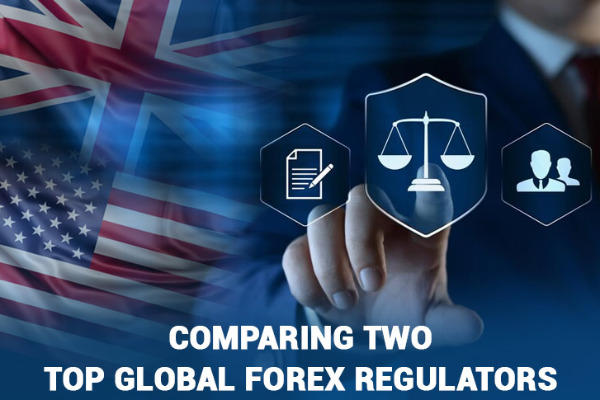
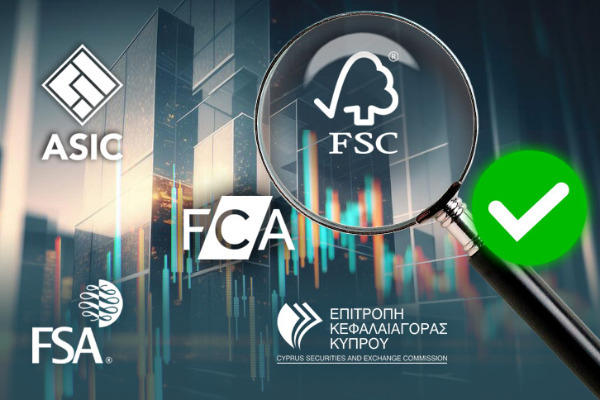
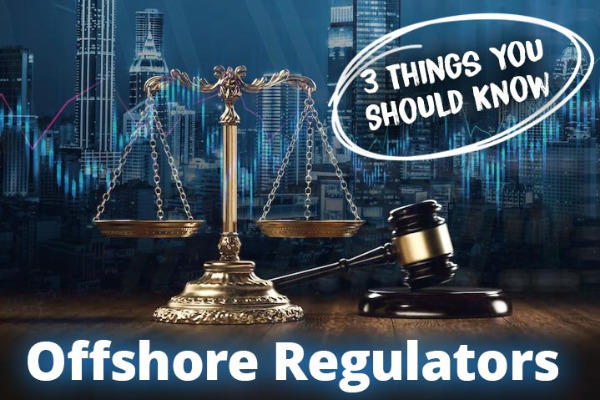
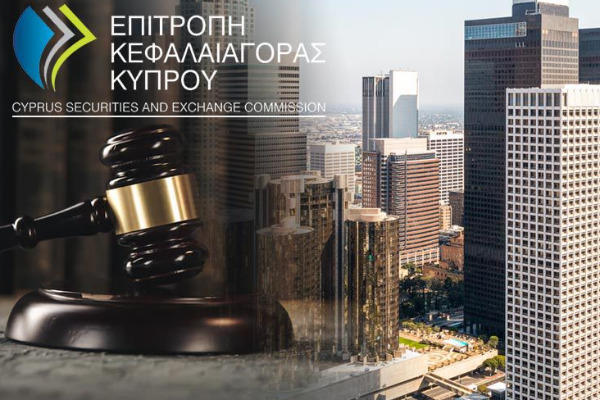


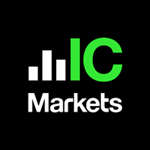
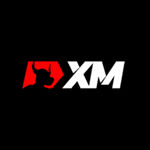





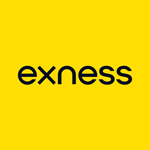



1 Comment
Kevin
Dec 4 2022
I actually don't like EU regulations very much because I think the regulatory conditions are best suited for Europeans rather than Asians. Yeah, you know the living standard in there very high, very advanced, and very wealthy. In particular, its fees are very large and too high for me. We can say that EU regulated brokers are safe, but many scam brokers claim they are regulated from there, but this is only claimed for their fame. I prefer American regulations more suited to my situation.